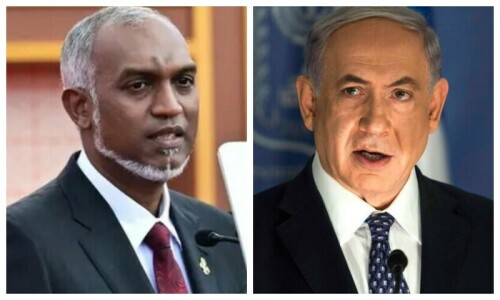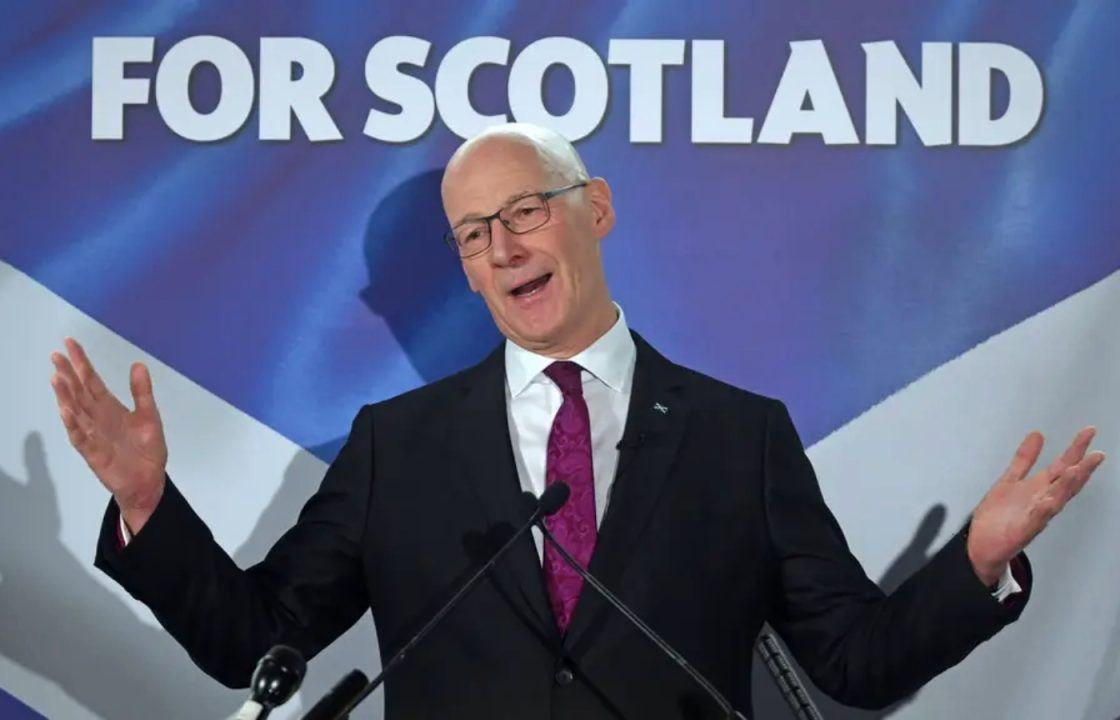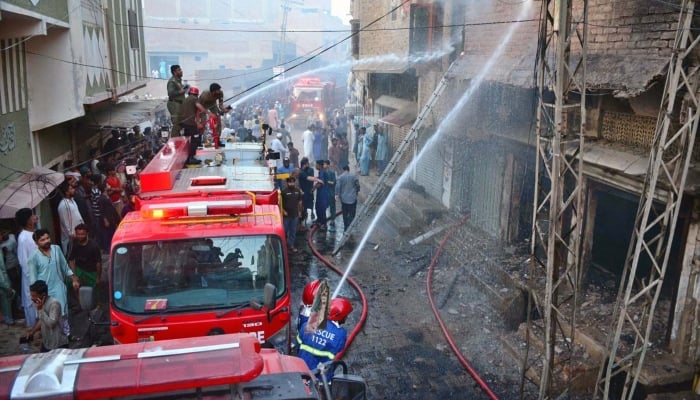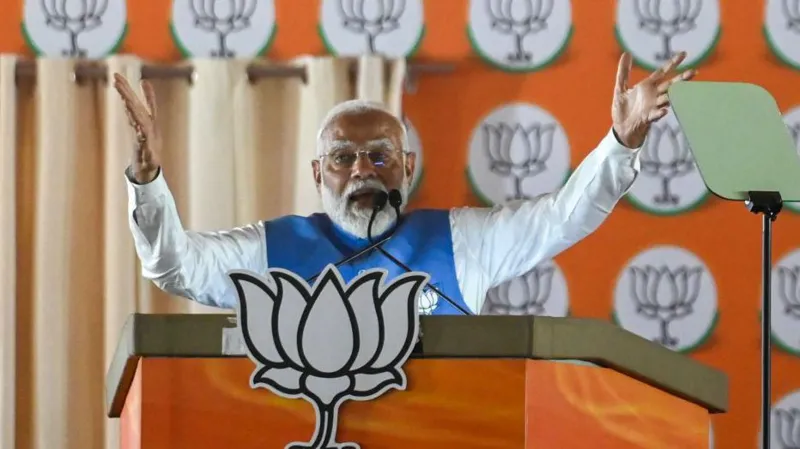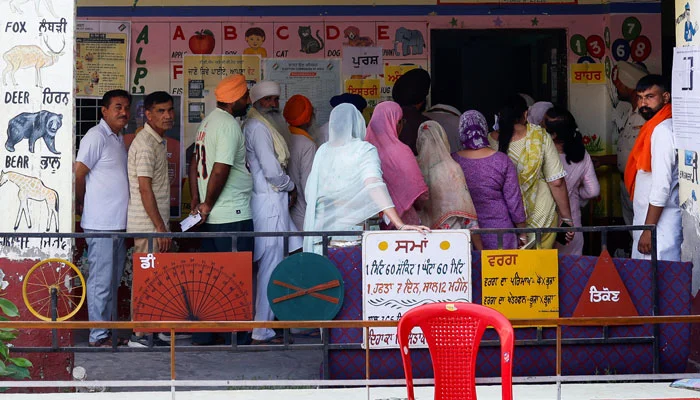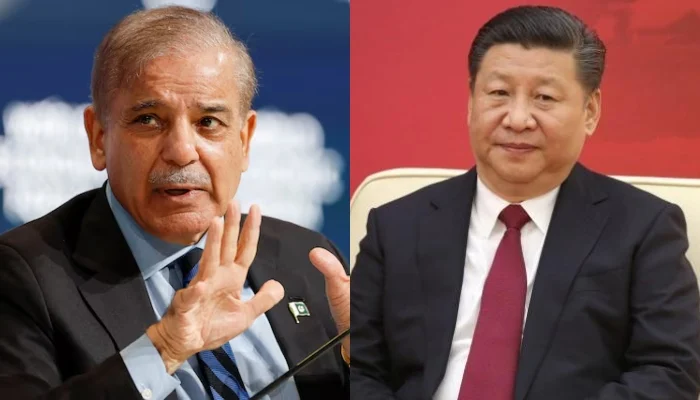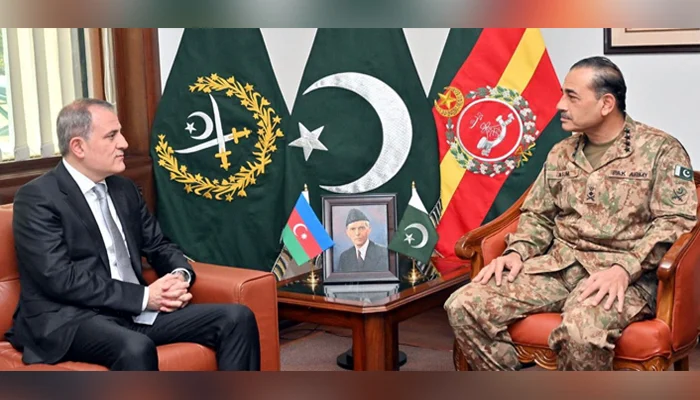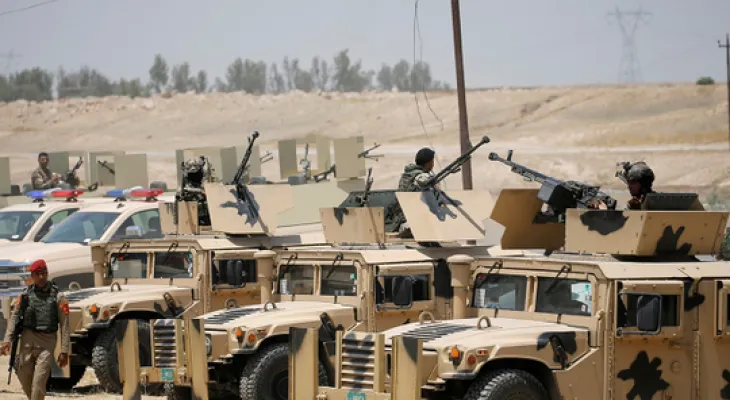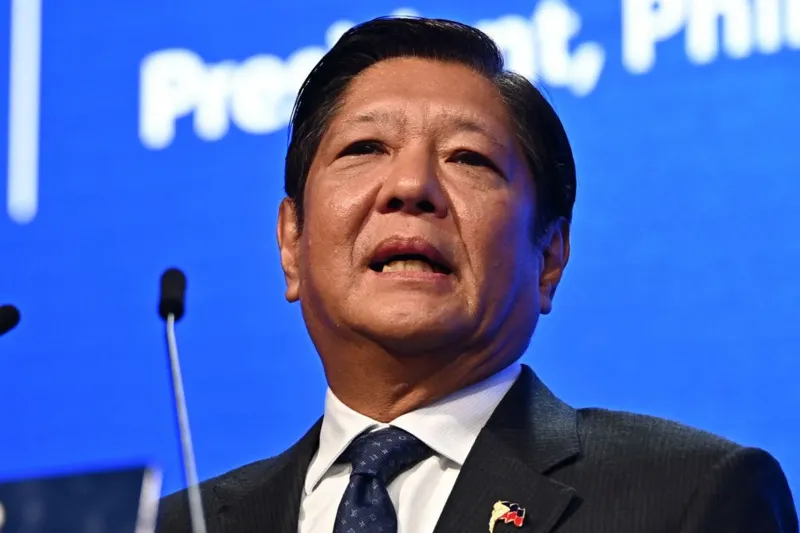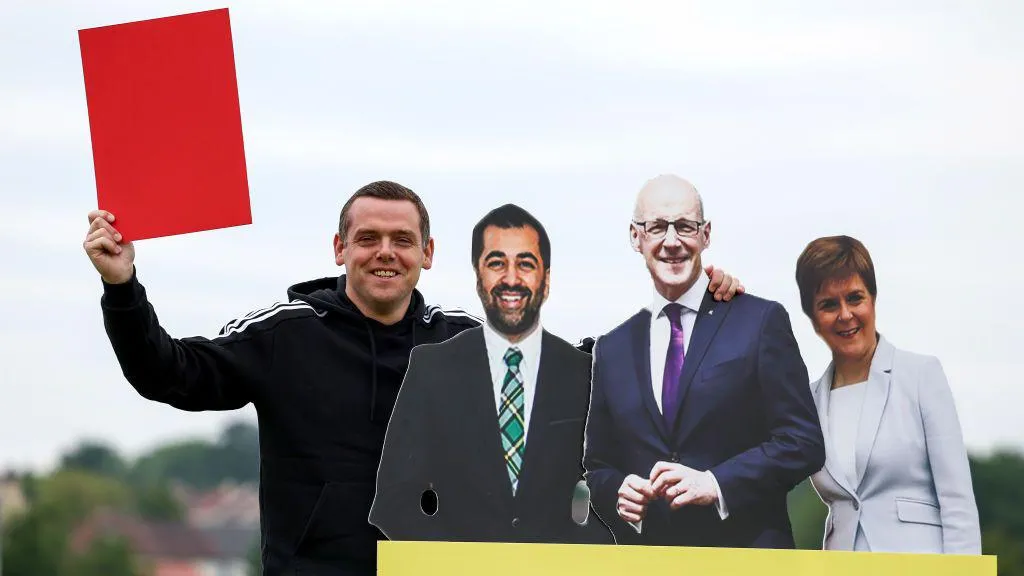ISLAMABAD: Prime Minister Shehbaz Sharif is set to embark on an official five-day visit to China from June 4-8 at the invitation of President Xi Jinping and Premier Li Qiang, said Foreign Office on Friday.
The FO, in its statement, said that during his visit, the prime minister will meet President Xi and hold delegation-level talks with Premier Li in Beijing.
He will also hold meetings with chairman of standing committee of the National People’s Congress, Zhao Leji, and heads of key government departments.
PM Shehbaz will pay a visit to the economic and agricultural zones and will also address the Pakistan China Business Forum, added the FO spokesperson.
An important aspect of PM Shehbaz’s visit will be meetings with corporate executives of leading Chinese companies dealing in oil and gas, energy, ICT, and emerging technologies, said the FO.
It added that the PM will also address the China-Pakistan Business Forum with leading businesspersons, entrepreneurs, and investors from both countries in Shenzhen. He will also visit Economic and Agricultural Zones in China.
The premier’s visit is a manifestation of the iron-clad Pakistan-China friendship characterised by frequent high-level exchanges and dialogue.
The two sides will undertake discussions to further strengthen the All-Weather Strategic Cooperative Partnership, upgrade China-Pakistan Economic Corridor, advance trade and investment, enhance cooperation in security and defence, energy, space, science and technology, and education, and promote cultural cooperation and people-to-people contacts, thus setting the future trajectory of Pakistan-China friendship.
Earlier today, PM Shehbaz also chaired a meeting to review the preparations for his upcoming visit to China, wherein he directed the formulation of comprehensive plans to hold result-oriented business-to-business meetings between the two countries.
He instructed the relevant authorities to devise strategies for attracting Chinese industries to set up their units in Pakistan, assuring his government’s all-out facilitation to the industrialists and investors.
The prime minister was also told that a delegation of industrialists, investors, and businessmen would accompany him to China’s Shenzhen city.
The delegation would hold meetings with the Chinese business community to promote business-to-business linkages between the two countries.
The prime minister directed Pakistan’s Ambassador to China Khalil Hashmi to extend all-out facilitation to the Pakistani business delegation during its visit there.
In response, the Chinese foreign ministry said it looks forward to the visit of Prime Minister Shehbaz, terming it as an “opportunity to promote greater joint development”.
Spokesperson Mao Ning, during her regular briefing, said the official visit would boost the China-Pakistan all-weather strategic partnership and build a closer community of destiny in the new era.
Sharing details of the visit, the foreign ministry spokesperson said Chinese President Xi Jinping, Premier Li Qiang and Chairman of the Standing Committee of the National People’s Congress (NPC) Zhao Leji will hold meetings with the PM.
In Beijing, she said, the leadership of the two countries would have an in-depth exchange of views on bilateral relations and issues of common concern, and jointly plan the blueprint for the future development of China-Pakistan relations.
PM Shehbaz will also visit Guangdong and Shaanxi provinces.
Mao Ning pointed out that China and Pakistan are all-weather strategic partners and “iron-clad” friends. China-Pakistan friendship has been tested by the winds and clouds of the times, and is as solid as a rock and as stable as Mount Taishan, she added.
“China and Pakistan have had close high-level exchanges in recent years, and bilateral practical cooperation has been steadily advancing, with fruitful results in the high-quality construction of the China-Pakistan Economic Corridor,” she said.
“The two sides have maintained good communication and coordination in international and regional affairs.”


